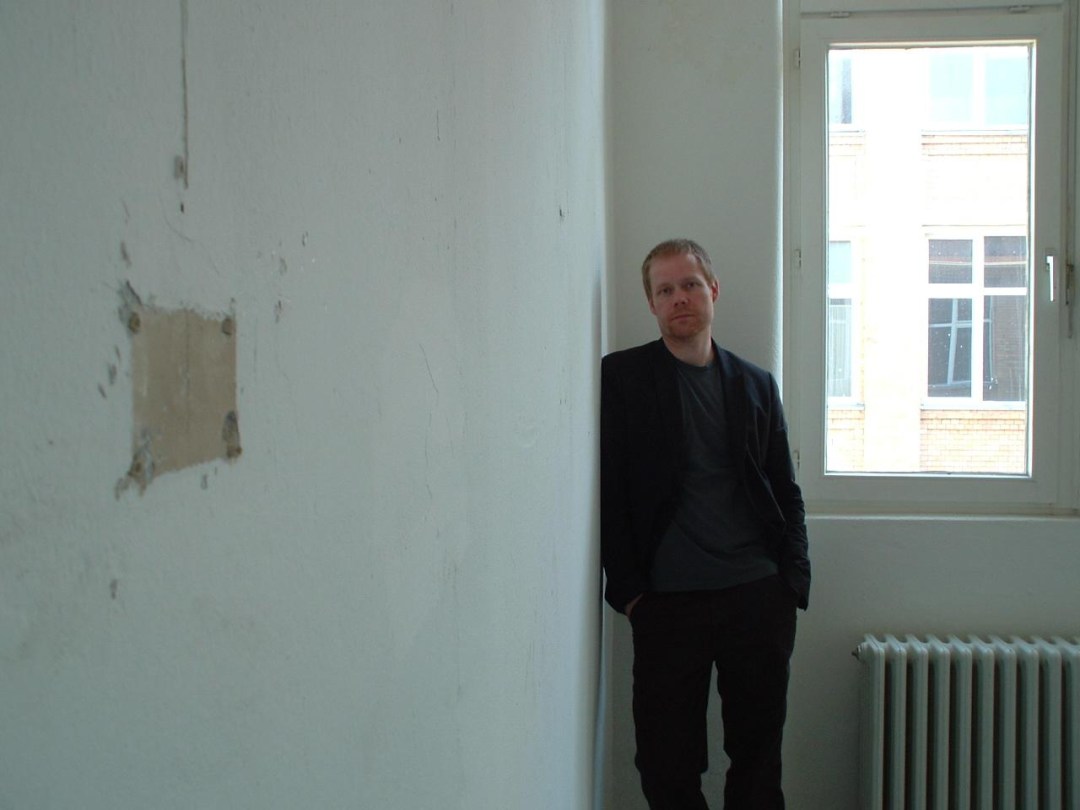Before composing this monumental musical exploration, Richter consulted neuroscientists to research the mechanics of sleep and its importance to our existence. As oxygen is to the lungs, sleep is to the brain’s many functions, and the body’s, too. A recent Centers for Disease Control and Prevention’s Morbidity and Mortality Weekly Report stated that over a third of American adults don’t get enough sleep on a regular basis. Everything from obesity to sociopathic tendencies has been linked to sleep deprivation.
Quality of life goes with good quality sleep; without sleep we break down. It’s no coincidence that Sleep is eight hours long: the optimal amount of nightly sleep time.
Richter is genuinely concerned about a sleepless world and its repercussions on lives and health, and the very nature of what it is to be fully human and aware.
“I’ve always slept very well. I’m aware that I’m very lucky,” the 51-year-old says. “It’s increasingly unusual to sleep well and that comes back to how we spend our waking hours now. Everyone is just overstimulated. We’re all a bit exhausted.”
“We’re very much consumers and producers, but some of the other human qualities — which I would argue are more important than consuming and producing — tend to get a bit lost. Creativity and music can provide a space for those things to resurface.”
Space and pause are valuable elements within Richter’s composition, which meanders from solo piano to add choral tones, strings and electronics.
Ultimately, the activity Richter hopes Sleep will stimulate is a challenge to a seriously dehumanizing societal status quo.
“I think of it as a piece of protest music,” he says. “It’s protest music against this sort of very super industrialized, intense, mechanized way of living right now. It’s a political work in that sense. It’s a call to arms to stop what we’re doing.
“The general paradigm of our very industrialized culture is well suited to the needs of multinational corporations and less suited to the needs of individual humans,” he adds. “I think in art and creativity and music, it’s important for us to call that out whenever we can.”
Sleep was released in 2015 as a set of eight albums alongside a condensed From Sleep standalone album. Despite being an enormous feat to pull off, Richter chooses to perform the full eight-hour version, and intersperses occasional Sleep performances with those for his latest album, Three Worlds: Music from Woolf Works, which comprises his composition for Royal Ballet choreographer Wayne McGregor’s lauded Woolf Works.
Richter, who was born in West Germany but grew up in England, is also building a fine resume in film and TV score work. Recent works include his music for Hostiles, starring Christian Bale; the Matthew McConaughey-starring White Boy Rick; and for the upcoming Mary Queen of Scots, which stars Saoirse Ronan and Margot Robbie. These pieces join his hauntingly beautiful soundtrack to HBO’s The Leftovers.
Despite Richter’s full schedule, he cherishes the marathon Sleep performances, but knows he can’t take a single note for granted. While the audience relaxes and gets comfy, Richter and the performers are very much wide-awake.
“When we play like this overnight, we have to be really on it,” Richter emphasizes, “because music which relies very much on a perfect precision of sound, which Sleep does rely on, you know, it’s very, very difficult to play. It requires huge dedication from the players. You can never phone it in, otherwise it falls to pieces.”
Max Richter performed Sleep at Bass Concert Hall during SXSW 2018. Read a review at The Austin Chronicle.




